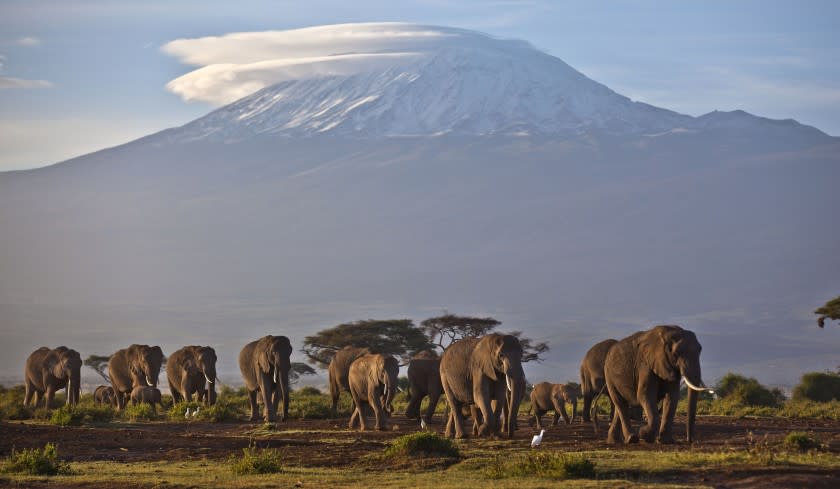Letters to the Editor: California has no business fighting lawful trophy hunting in Africa

To the editor: As a 29-year California game-warden veteran and as the former president of the California Fish and Game Wardens' Assn., I must voice my opposition to Senate Bill 1175, which the L.A. Times Editorial Board supports.
This bill seeks to outlaw California hunters from importing or possessing select animal species they lawfully harvested in African nations. While regulated hunting is a critical tool to balance wildlife populations with habitat, this bill would also take time and resources away from California game wardens' mission to protect our native wildlife.
California already has one of the lowest numbers of wardens per capita of any state. This bill (which would also divert millions of taxpayer dollars to enforcement) would pull wardens away from the important duties of managing California's natural resources and would also keep them from the pursuit of wildlife poachers.
California legislators should let African nations manage their own wildlife and instead focus on protecting our own state's wildlife resources.
Jerry Karnow, Rough and Ready, Calif.
..
To the editor: Thank you for your editorial.
To elaborate on the point that "you don't conserve animals whose population is in peril by killing them and putting their heads on a wall," most of the money trophy hunters spend stays in the deep pockets of the hunting outfits they hire, which are often based outside Africa.
An in-depth study by the group Economists at Large found that "communities in areas where hunting occurs derive very little benefit from this revenue.” As one resident explained:
"We're more closely allied with the photographic operators than the hunters. They are finishing off the wildlife before we've had a chance to realize a profit from it. Hunters don’t recognize us.... We're supposed to get 5 percent: we don't even see that."
Hunters rob communities of the opportunity to establish a sustainable wildlife-viewing industry, which would truly protect these awe-inspiring animals.
Michelle Kretzer, Norfolk, Va.
Kretzer is a writer for the PETA Foundation.

